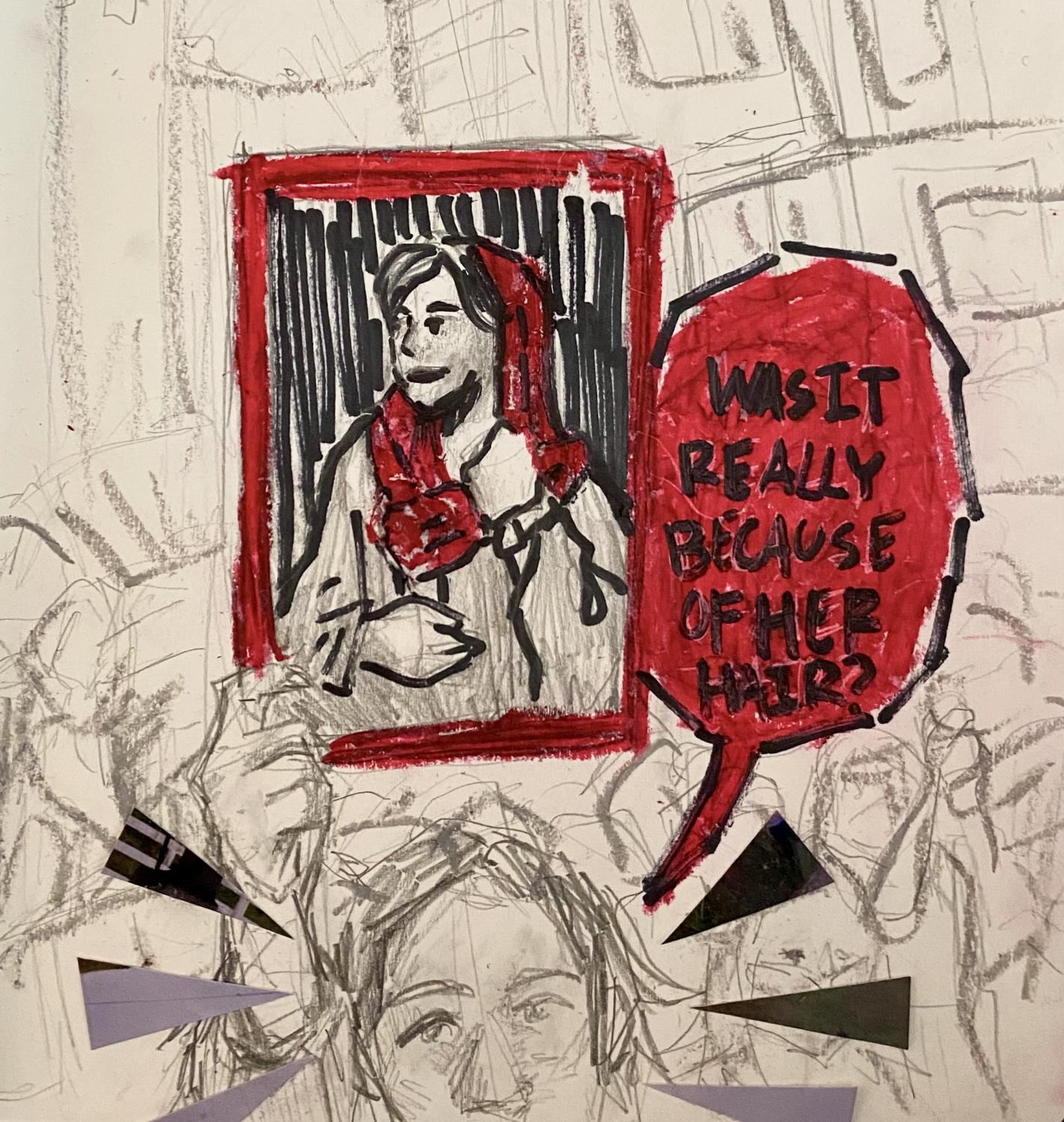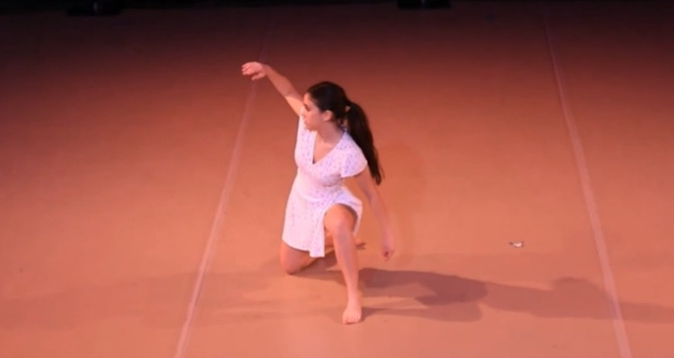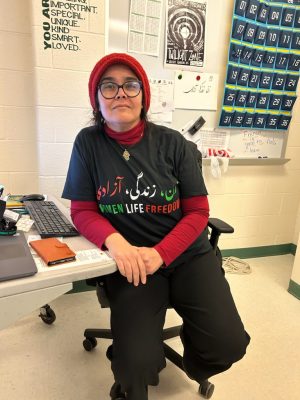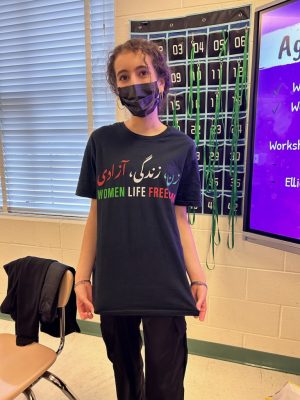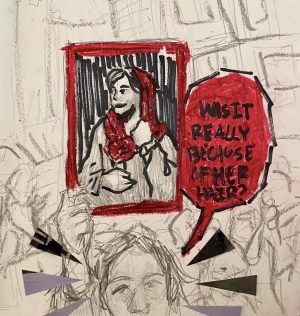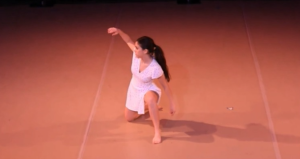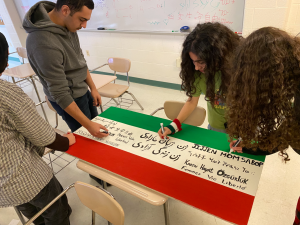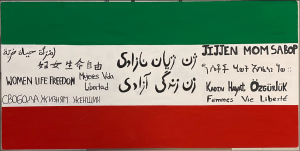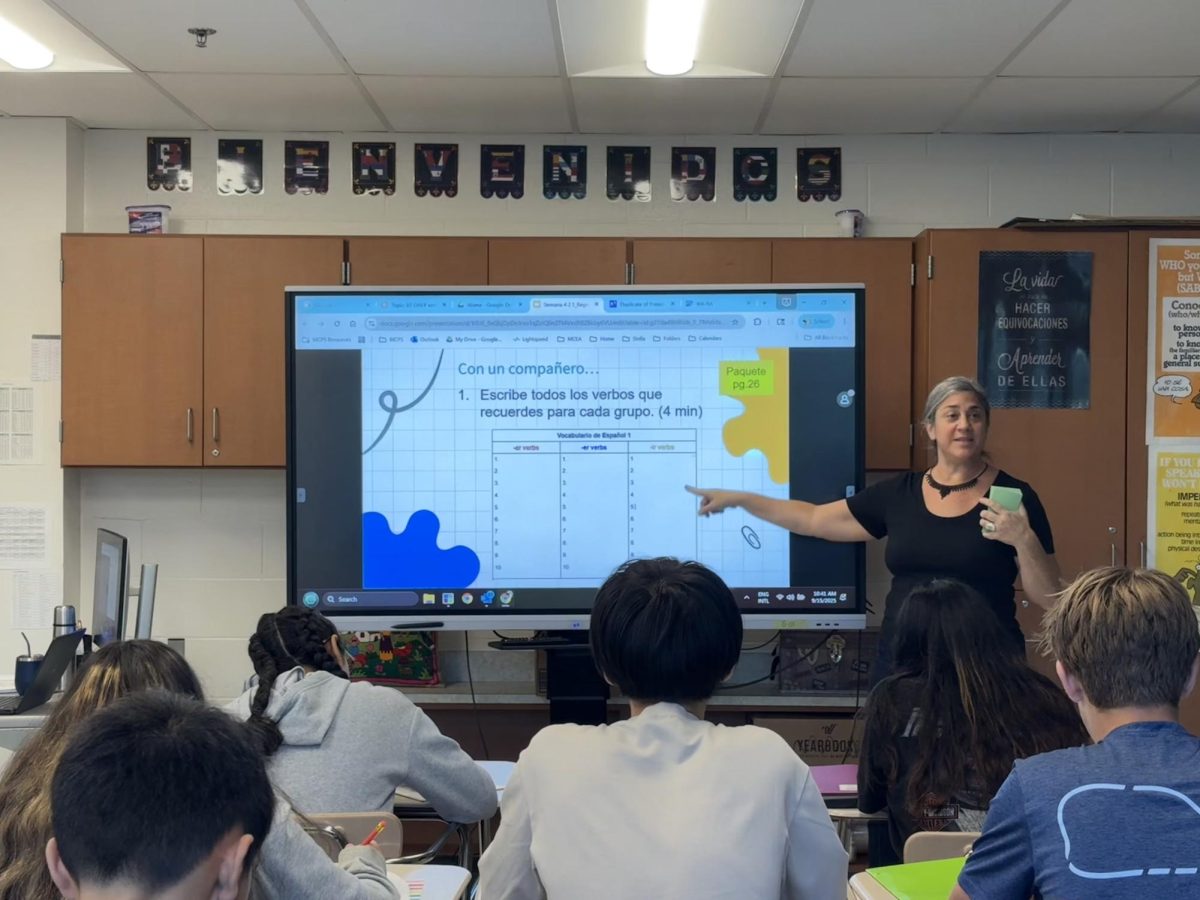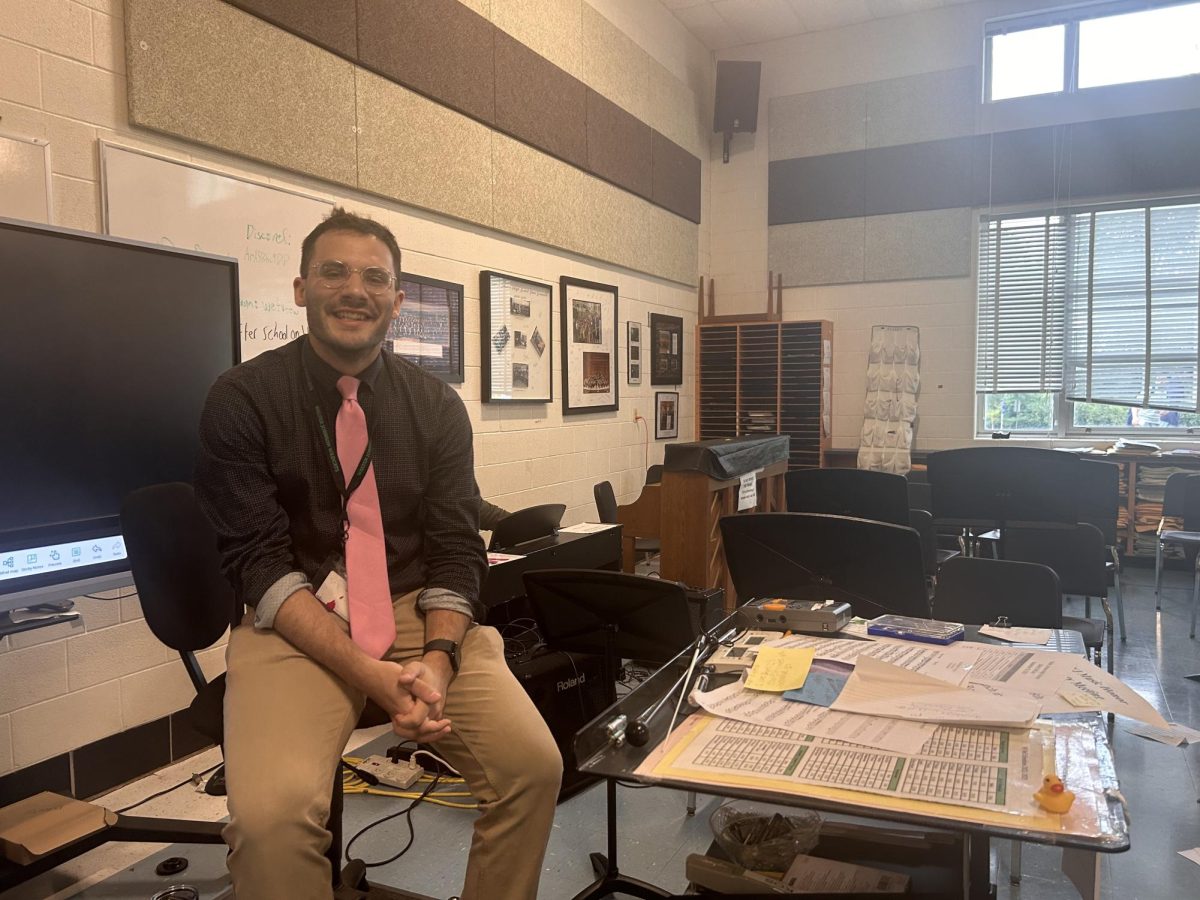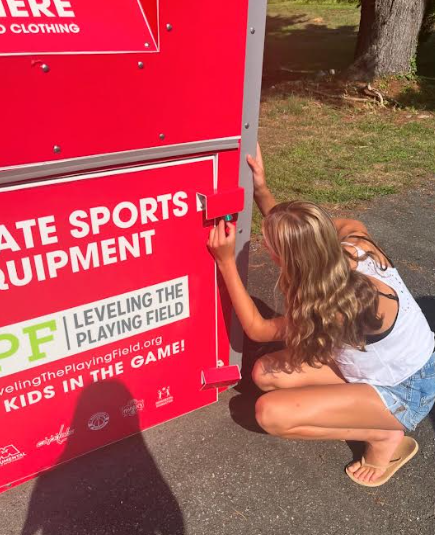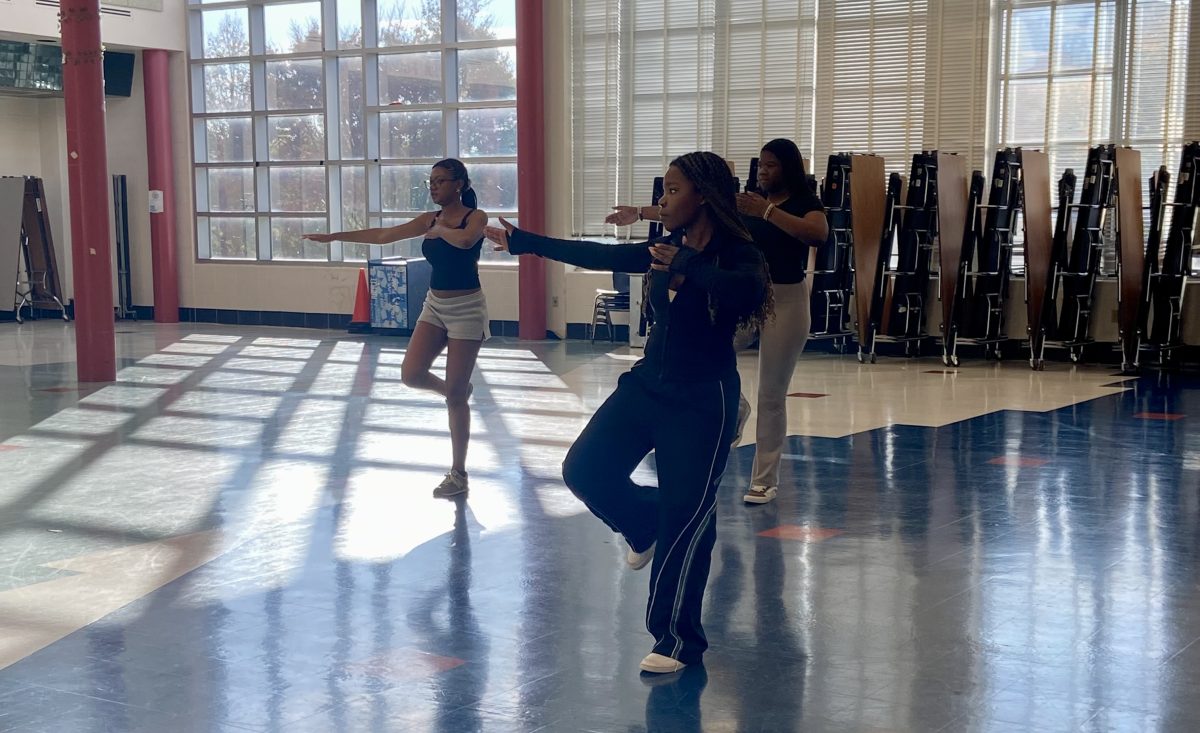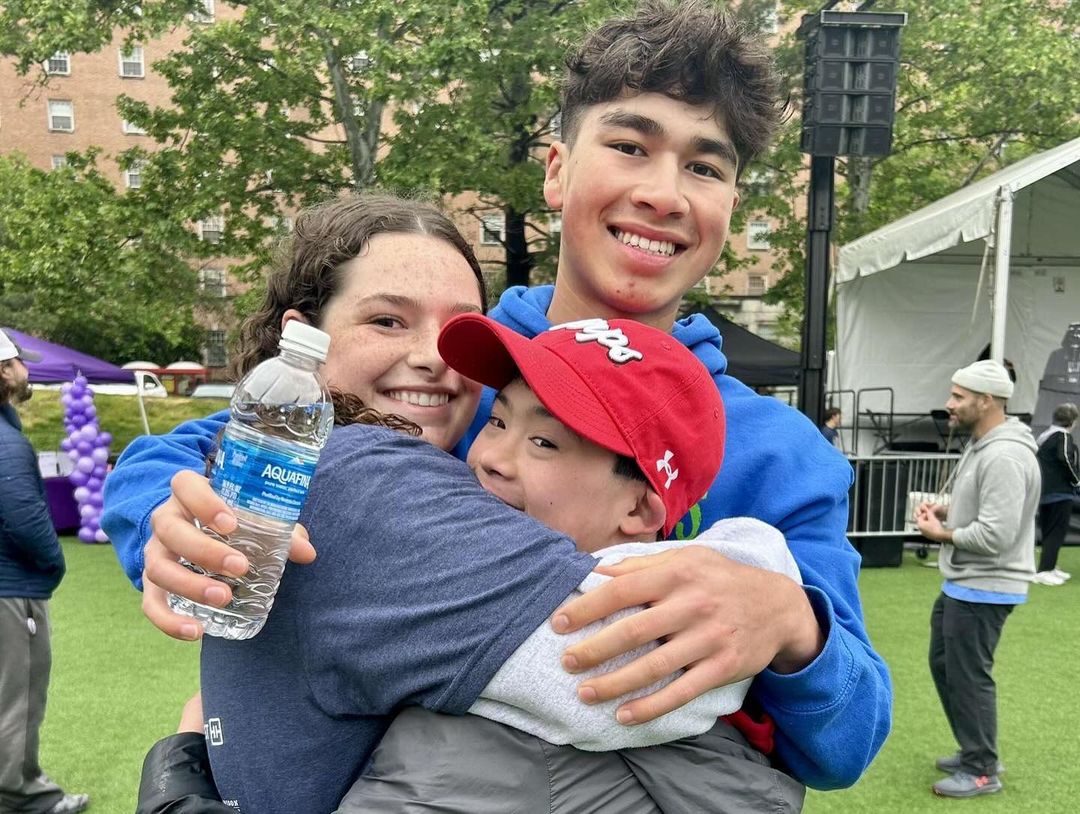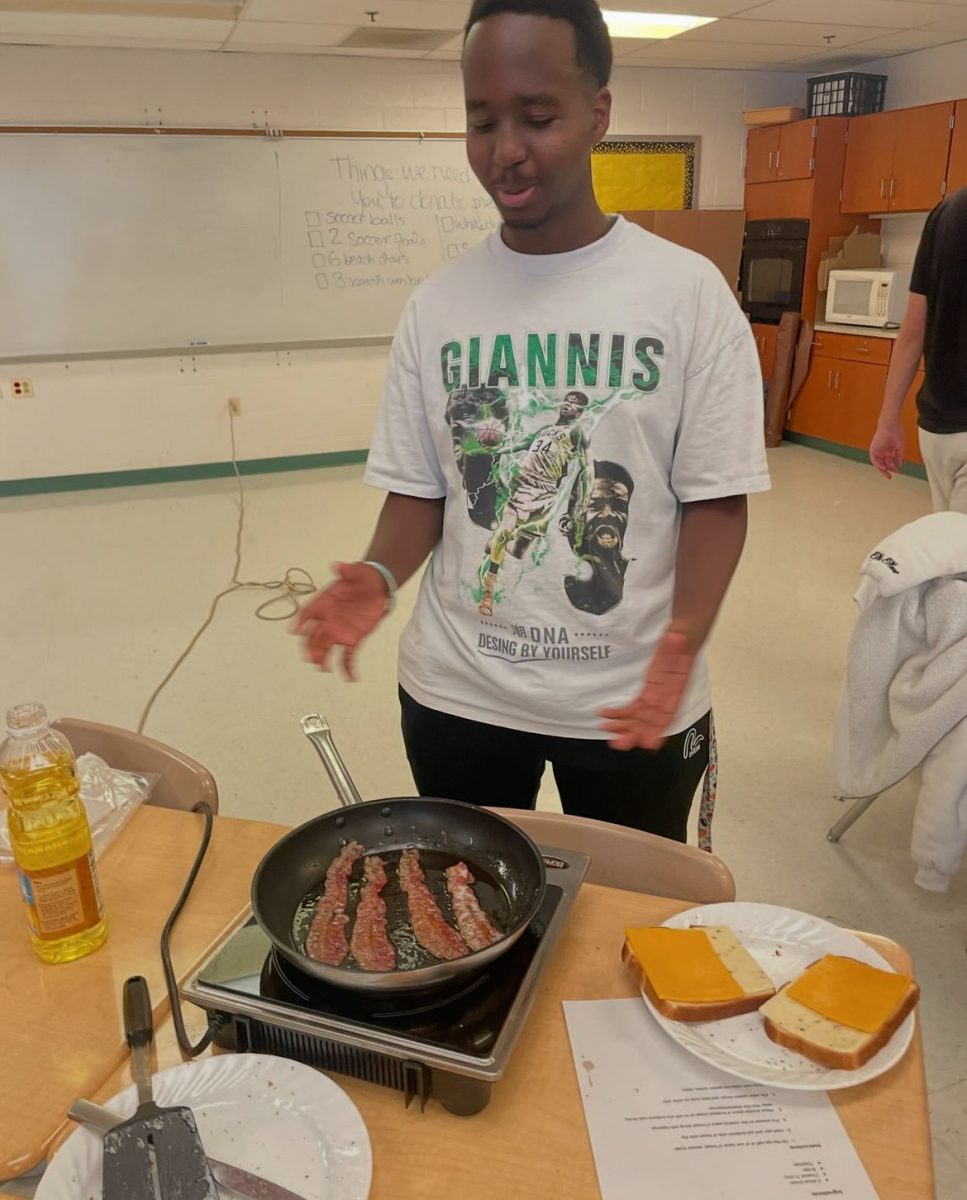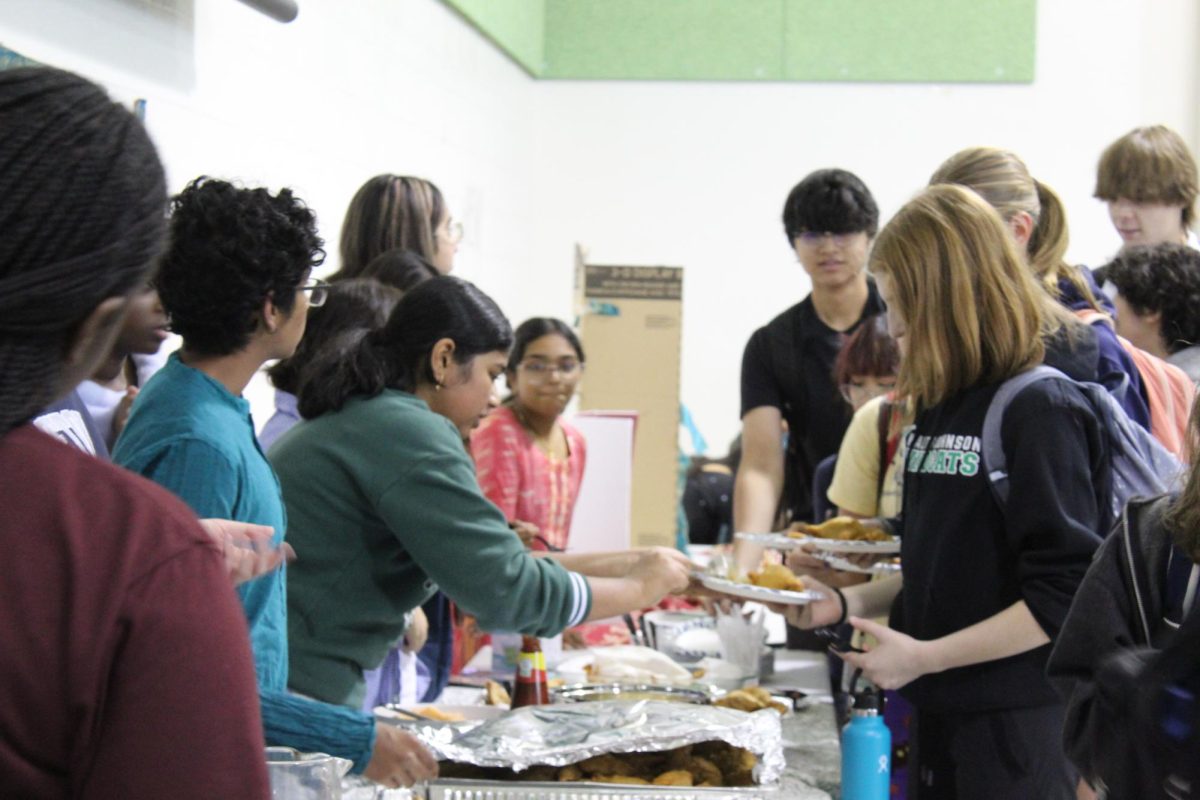“Human Beings are members of a whole
In creation of one essence and soul
If one member is inflicted with pain
Other members uneasy will remain
If you have no sympathy for human pain
The name of human you cannot pertain”
By Persian poet Saadi Shirazi
On Sept. 13, 2022, 22-year-old Mahsa Amini was detained and killed by morality police in Tehran for allegedly not wearing a hijab, or headscarf. Amini’s brutal detainment and death has sparked widespread protests, in which people have cut off their hair, burned headscarves and chanted “death to the dictator.” According to Iran Human Rights, over 448 people have been killed by the Iranian government as of Nov. 29, 2022, and the number continues to grow. The movement for Iran’s freedom has adopted the motto, “Women, Life, Freedom.”
A common misunderstanding about the cause of the Iranian people’s hardship is that their freedom is stifled due to the hijab.
“A lot of people think of Persians as all Muslims, but there are different types of people and religions in Iran. In addition to Muslim women, there’s also Jewish women and Kurds, and those women experience a lot of discrimination, and they can’t practice any of their beliefs freely. Women in general don’t have the same opportunities as men do and are in a constant state of fear. They can’t voice their opinion like you can in the US because you fear getting killed,” senior Ida London said.
The crisis stems from a long history of human rights issues in Iran and is focused on advancing women’s rights globally. While the revolution aims to unite the diaspora and for everyone to stand strong together and amplify the voices of Iranian people around the world in honor of those who have been imprisoned or executed in the name of freedom.
“The current revolution in Iran is not about the hijab or Islam but about women being able to have autonomy over their bodies, freedom to decide how to present themselves to society and liberation from the oppressive and murderous Islamic Republic. This revolution was sparked by women and remains the first female-led revolution in history. The regime denies Iranians their most basic freedoms, perpetuates human rights and women’s rights abuses and discriminates against ethnic and religious minorities. This movement is about democracy and freedom working to liberate the brave Iranian people,” London said.
In view of the crisis in Iran, students have decided to take action in spreading awareness. Senior Sean Blakeslee initiated a fundraising event with the Persian Culture Club.
“We are currently selling shirts with the revolution’s motto, “Women, Life, Freedom” written in both Farsi and English in the green, white and red colors of the flag. All of the money from the fundraiser will be directly sent to activist groups in Iran who need our support,” Blakeslee said.
Junior Aria Tahmasbi is active in a variety of different events, from joining protests in Washington DC, which take place each Saturday, to speaking out on social media. Tahmasbi participated in an interview with senior Shiima Nantulya about Iran’s history and the events that led up to the current revolution. The interview was published on Nantulya’s Instagram page, “Voice for Teens” on which she interviews students enacting change in the school building, including Tahmasbi.
“I started ‘Voice for Teens’ because I have a deep passion for social justice issues, but I also think it’s really important to highlight the work that a lot of young people are doing to amplify underrepresented, and even at times, censored causes, topics and issues, because there are a lot of teenagers that are on the frontlines of these various movements that are working towards whether it’s liberation, or change or reform,” Nantulya said.
The media is a powerful tool of influence throughout the world. While Nantulya uses her platform to empower students and raise awareness for social issues, other media outlets often spread lies and false information.
The morality police is a specific group of law enforcement in Iran that implements the Islamic government’s strict dress-code standards. On Dec. 4, 2022, media outlets suggested that the morality police had been abolished. These claims were based solely on the words of Iran’s Attorney General, Mohammad Jafar Montazeri, during a conference, in which he stated the morality police, “have been shut down from where they were set up,” according to BBC News.
“[Iranians] feel they’re ignored by [the] media. There was some news saying that Iran is going to get rid of the morality police. And it was in the news, but it was not true. Not only are they ignored, but the media is spreading false news about it. That’s why we need to be their voice,” teacher and Persian Culture Club sponsor Farah Kinani said.
The regime has attempted to silence the voices of those who speak out against them in any way. Unable to express their opinions, Iranians who wish to speak out about the crisis are placed in a dangerous position, as they are risking their lives for human rights. Middle Eastern North African (MENA) club co-president junior Ava Heydarian feels that it is her responsibility to be the voice for Iranians who don’t have one themselves. Aside from attending protests, planning fundraisers and handing out information cards in school, Heydarian posts on social media to inform people of the current situation.
Activists within the school have collaborated together to create an impact on the student body. Tahmasbi and Kinani gathered friends and members from MENA club, Muslim club, Persian culture club and Armenian club to paint a ceiling tile to portray the Iranian flag with the revolution’s motto written in different languages. The tile can be found in room G34. Before hanging up the tile, the students put it on display near the cafeteria while handing out “info cards” that provided basic information about the crisis.
“I feel like people don’t really pay attention to it because they think ‘Oh, it’s the Middle East, stuff there happens all the time, it’s fine,’ but I think the more people become desensitized to it, the worse it gets because they don’t advocate or use their voice,” Heydarian said.
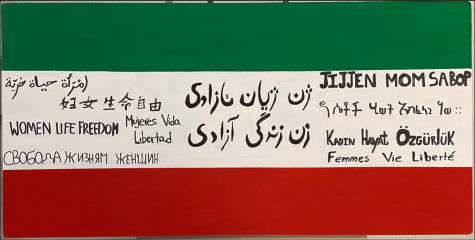
In addition to protesting and social media activism, some students have turned to their artistic talents in showing their support for Iranian women. In December, using her choreographic talents, London performed a dance she created to bring attention to women’s rights in Iran.
“The point was to raise awareness to all of the young girls and women who were killed by the revolutionary guards. I think that the arts are a great way to express anything and dance can be very emotional to some people when you see it, you can connect to it more than if you read a news article and look at statistics and facts. When you see a visual art representation you can connect to it even if you’re not Persian. I want to continue working on that dance and possibly add in and choreograph for other dancers as well. Not just Persian dancers, but any dancer who sort of feels a connection to what’s going on and wants to help,” London said.
Freshman Nikki Mosaddegh is a student artist who recently created a protest art piece called Was it really because of her hair?.
“They say it was because her hair was showing, but was it really? Was it really because her hair was showing from under her hijab, or was it because they want power over women? I haven’t gone back, because if I did, I would have to wear a hijab, and that’s not something I feel comfortable with doing, and I don’t want to support the regime,” Mosaddegh said.
While WJ has a large Persian population, Tahmasbi believes all students, not only Persians, have a duty to maintain an active role in Iran’s fight for freedom by staying informed and helping inform others.
“WJ has a very large Persian population, so everyone should be standing with and supporting their Iranian friends and teachers through this time. Secondly, over 50 percent of those fighting in protests and giving their lives up for this revolution are students. It’s important for us to understand how privileged we are to live in a country [and go to a school] that doesn’t have oppressive laws and lets us live the way we want to live,” Tahmasbi said.
The brutality of the regime not only affects those living in Iran, but also immigrated Persians such as Tahmasbi and her family, who moved to the United States in 2008.
“I was born in Iran and moved to America when I was two years old. I’ve been visiting every summer and spending all my time with my family since I don’t get to see them during the year. These recent events have heavily affected my family, my parents and I live in constant fear of something bad happening to them. Since Iran’s government has shut off internet access in most places, it has gotten harder to communicate with our loved ones,” Tahmasbi said.
Although many Persian students have personal connections to the crisis in Iran, others hold that it is their duty as a citizen to stay informed about recent events.
“I am a proud ally of the Persian community because many of my closest friends are Persian. In addition, I am studying the language (Farsi) outside of school, so I feel a deep connection within the culture. I have zero Persian blood, but have created such a deep personal connection with the culture and Iranian people that I do not feel like I need to be Iranian to take action,” Blakeslee said.
While Kinani and the Persian Culture club hope to create a safe environment for Persian students in which they can discuss the crisis in Iran, one of their main goals is to reach beyond the Iranian population and spread awareness throughout the entire WJ community.
“This is a problem that affects not only the Persian community at WJ, but everyone at WJ who believes in basic human rights. As a school that celebrates diversity, we can not stand idly by and watch as thousands are mistreated by a horrible government,” Blakeslee said.
Since the beginning of time, women have been deprived of their fundamental human rights, not only in Iran, but throughout the world.
“You see this happening all across the Middle East like in Afghanistan. Women there don’t have any rights, same with Saudi Arabia. So it’s also raising awareness for women and their choice. They should be able to live whatever life they want to live, they shouldn’t live in constant fear of the patriarchy. That’s not just in Iran, it’s across the world, even in the US a bit. I think ‘Women, Life, Freedom,’ while it is mainly in Iran, it applies to everywhere else and all other women who feel oppressed,” London said.
Whether it is through t-shirts, social media, dance or art, the students of WJ have made it their responsibility to amplify the outcry of the Iranian people, to be the voice of those who are silenced, for women, for life and for freedom.
“I think we all don’t want to be [an] accomplice. And we are all accomplice[s] when we are quiet,” Kinani said.




